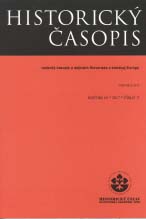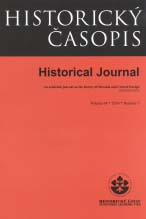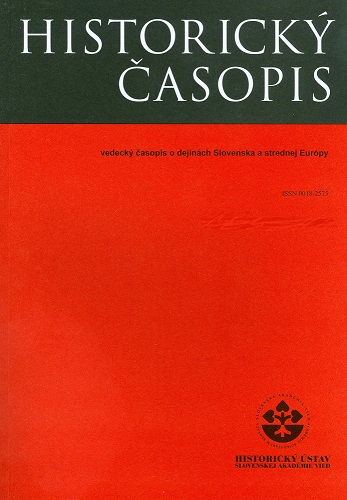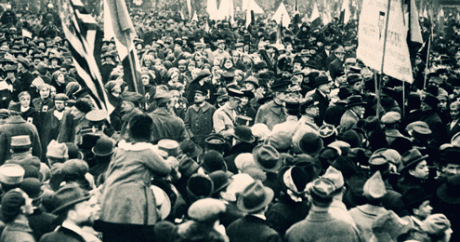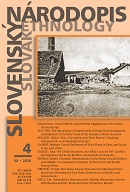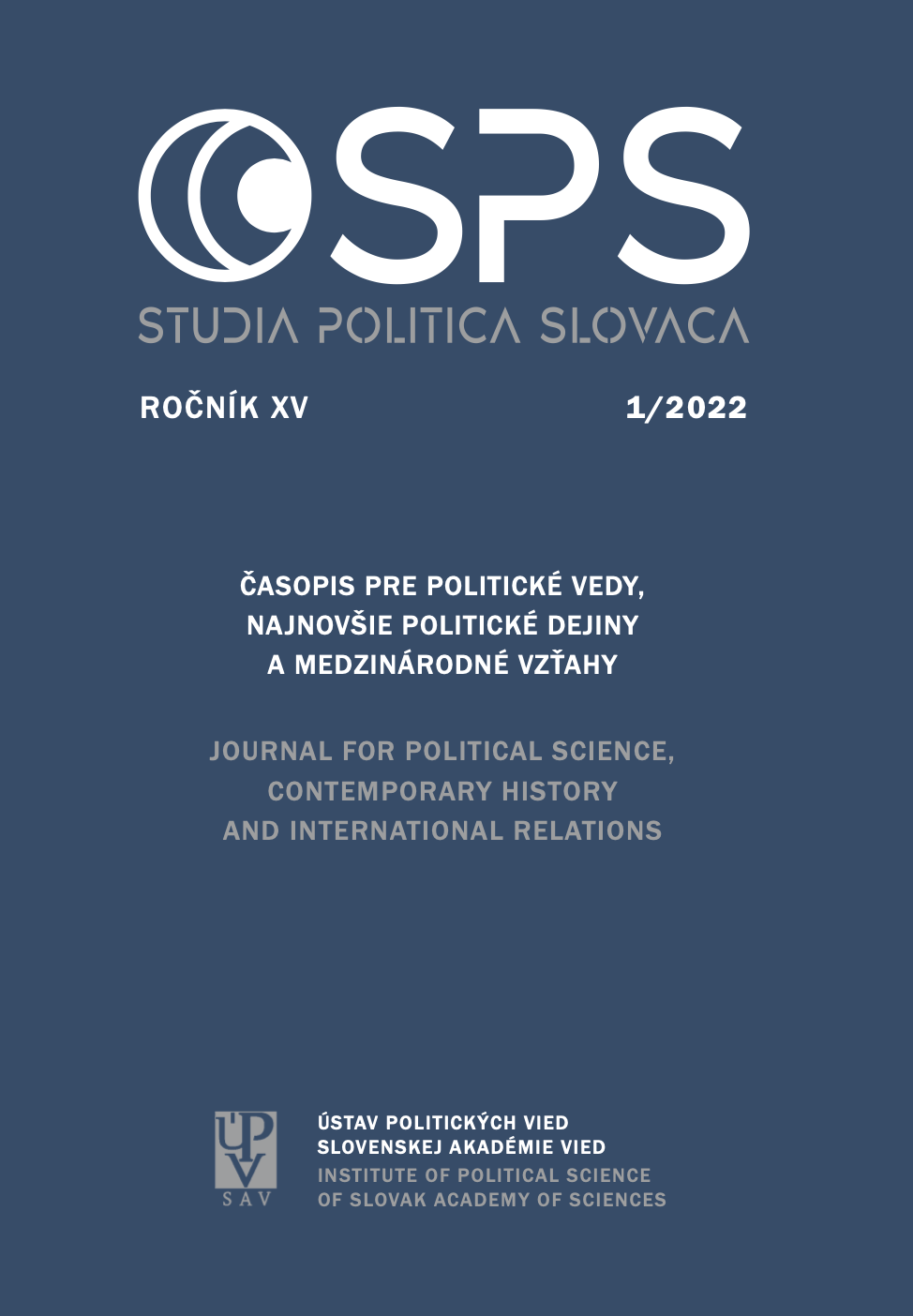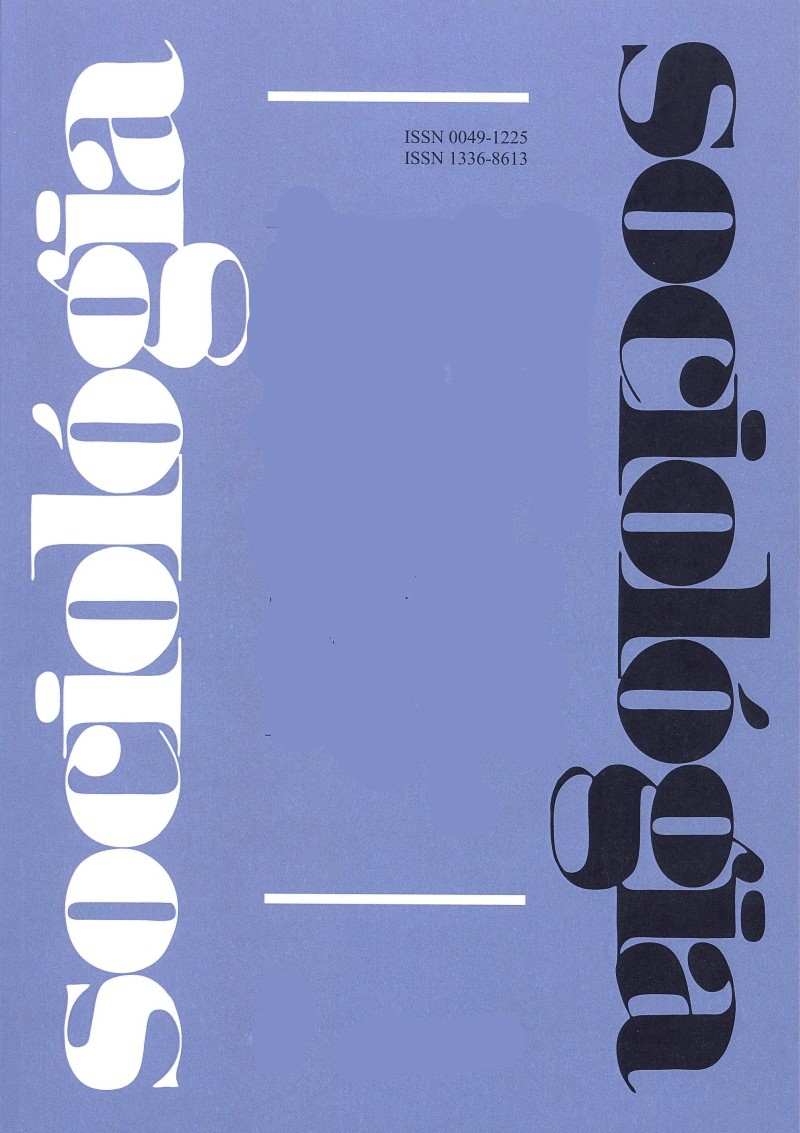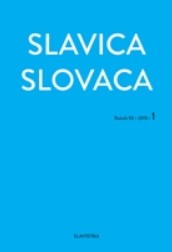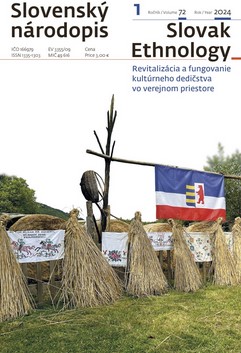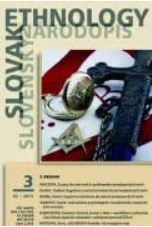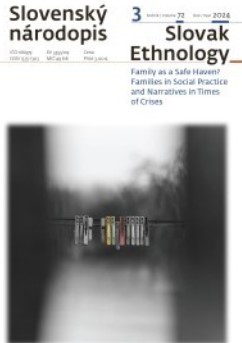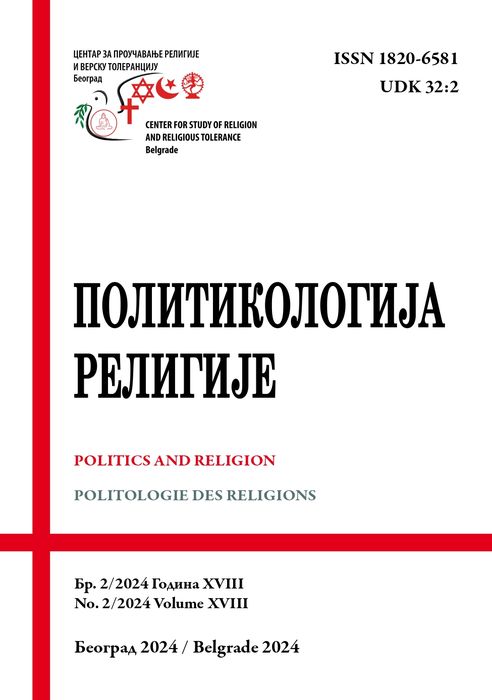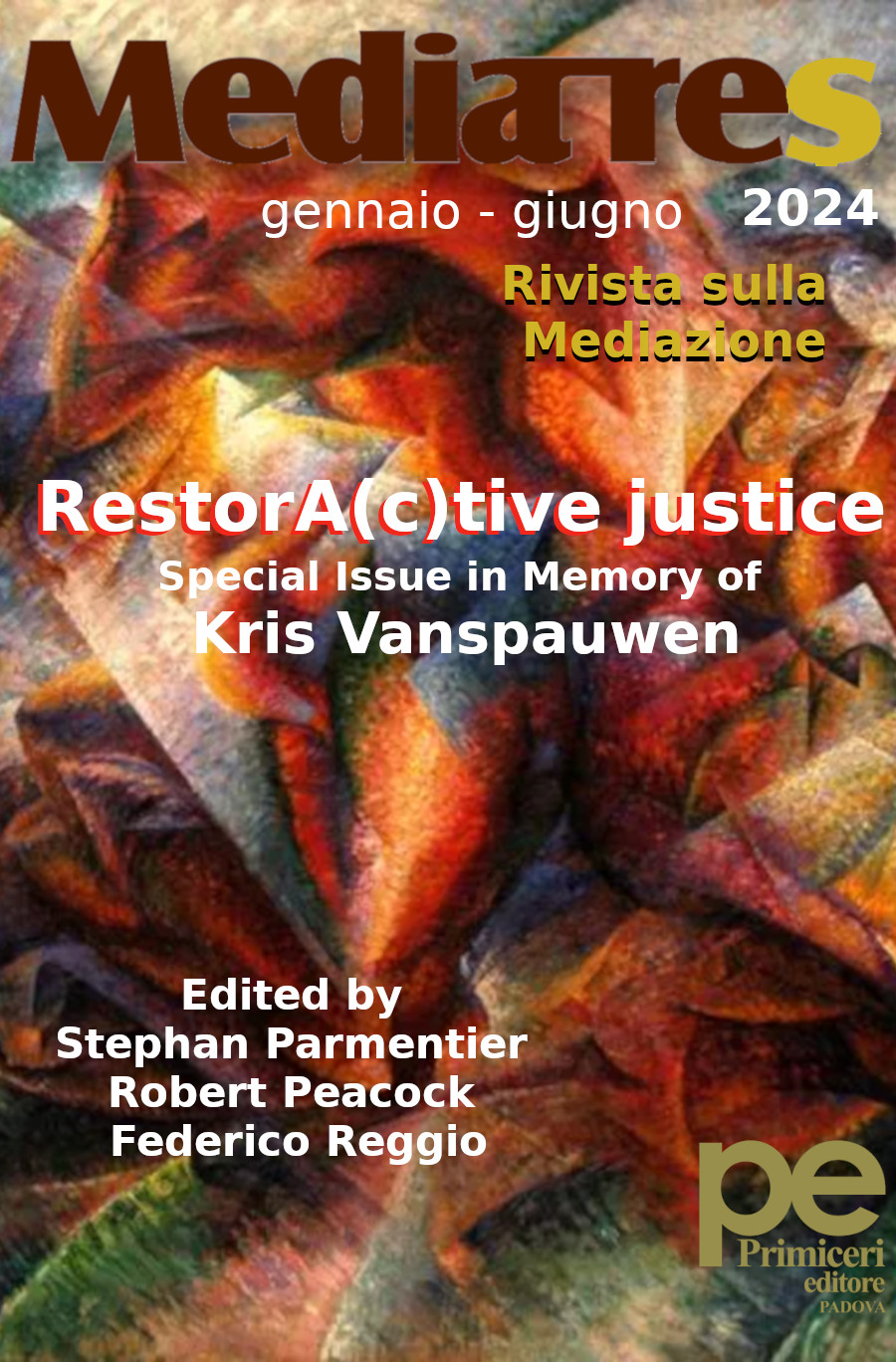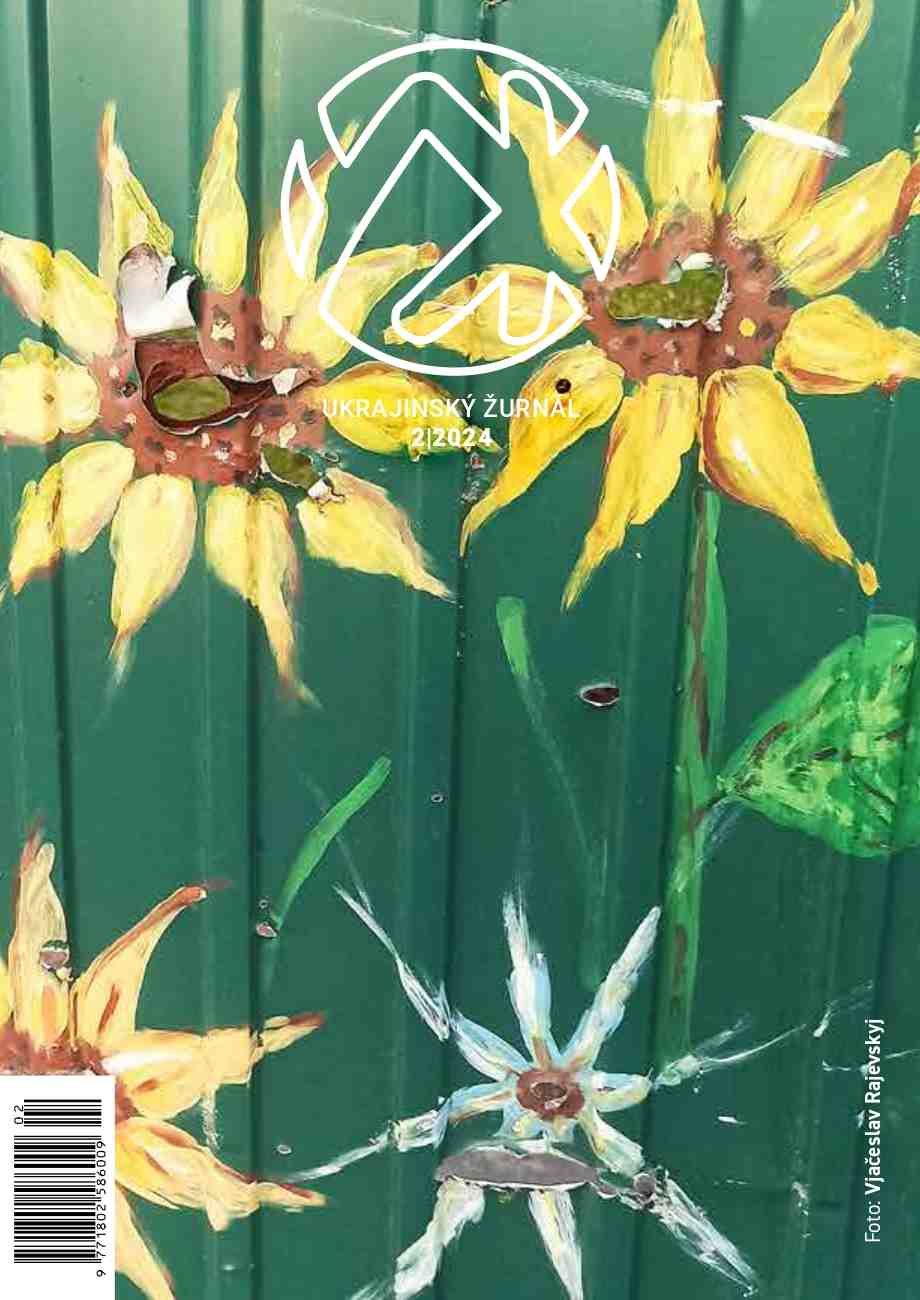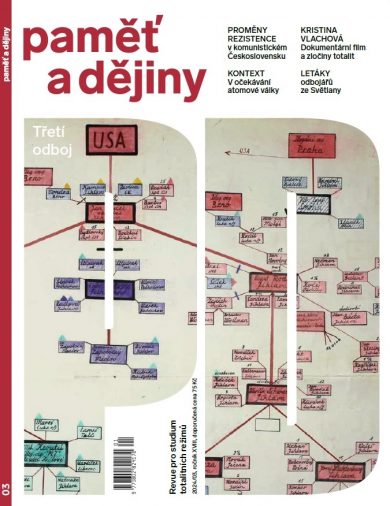
Osveta a ľudovýchova sociálne slabých vrstiev spoločnosti v čase Veľkej hospodárskej krízy
Educational activities were an important part of the cultural policy of the First Czechoslovak Republic. They were carried out within the scope of four laws aimed at organizing civic education courses, establishing public municipal libraries, setting up municipal chronicles and civilian military education. These activities existed under the authority of the Ministry of Education and National Edification in Prague, which delegated some of their competences to the Department of the Ministry of Education and National Edification in Bratislava. The Czechoslovak Republic invested a lot more funds into education and training than the Austro-Hungarian monarchy. The 20's of the 20th century saw the most generous funding; it was a time when public education experienced its best period. Edification was carried out by educators working in district associations and local edification committees. Most edification workers were found in the ranks of teachers of primary and secondary schools. The Great Depression hit public education by reducing state subsidies, which were the lowest in the period 1932 - 1934. At this time of deteriorating economic conditions, educational activities focused on the organization of courses for unemployed young people under 17 years of age, and educational courses for women. The main objective of all activities was the education of citizens towards democracy and civic responsibility in the spirit of the idea of Czechoslovak national unity. The economic crisis was understood primarily as a moral crisis and radical displays of young people were considered a symptom of moral decline. Educational activities took a new direction in the second half of the 30's of the 20th century. Military education became the main focus, as did issues of war and the defence of the Republic. After the breakup of Czechoslovakia, the educational and edification associations ceased to exist and their activities were carried out only by Matica slovenská.
More...
